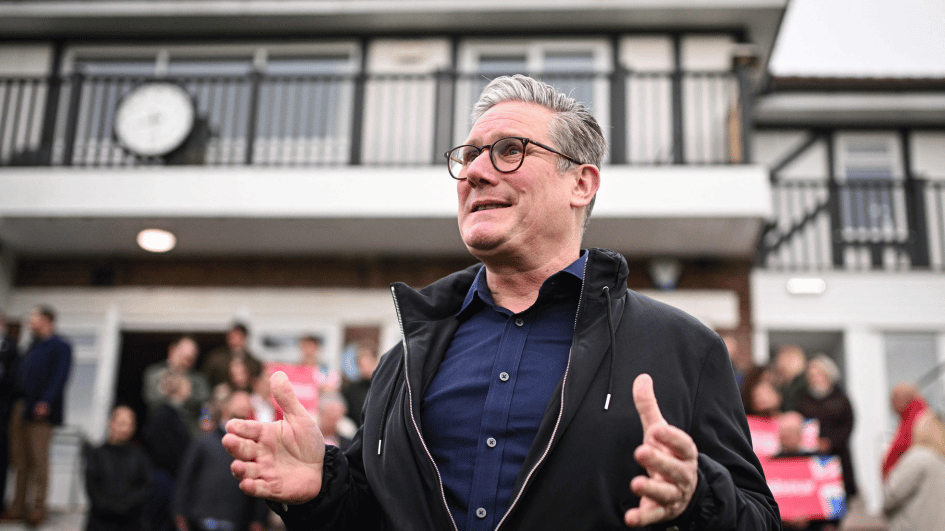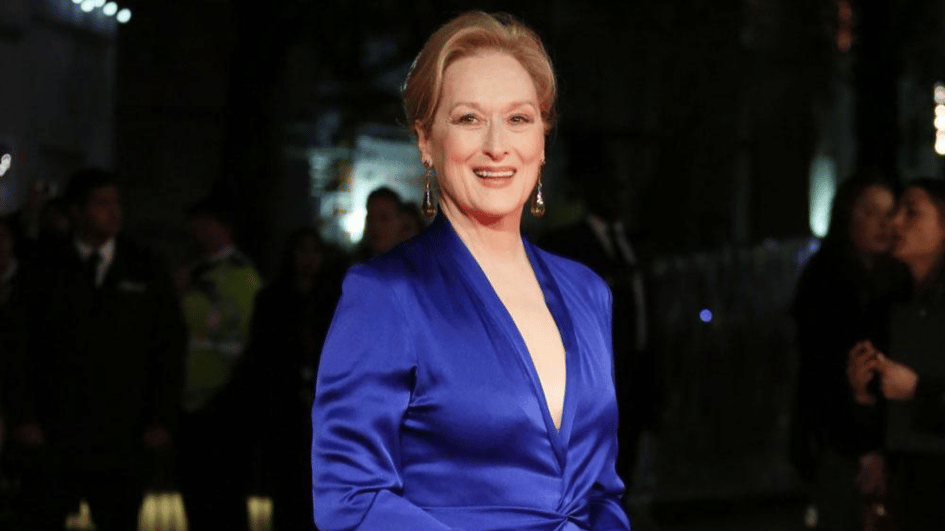Egyptians discover the power of their numbers
Egypt is voting its way to the future. There is common appreciation among many nations that voting boxes are always the real and major tool of democracy.
I beg to differ; the only true element of that tool is it could fairly represent the choice of the majority given the right conditions. Even that is not guaranteed. In theory, it can result in establishing the choice of the majority when the values of democracy are in place and highly respected.
A common practice in many other nations is to stage the elections where voting can be manipulated severely to serve the best interest of those who are in control. Egypt seems to be somewhere in between.
This has certainly been a special year for Egyptians. One clear specialty has been to take to the streets in the millions to express themselves. Last week was not much different except that this time they lined up patiently for hours in the streets to cast their votes in yet another form of expression. Again, Egyptians rediscovered the power of their numbers. As many have come to understand, the tools of demonstrating and voting are not mutually exclusive. As the second and third rounds of electing Parliament continue throughout the country, the Tahrir demonstrations might take a break, but only temporarily. The appointment of a highly contested Cabinet of Ministers adds yet another dimension.
The voting process itself is already challenged by the numbers of voters coming out among other difficulties. The numbers in the results seem to have also stirred the pot so far in this round. By default and many, many years of experience, Egyptians mostly mistrust the results of elections.
These elections will have their share of suspicions too. One would not expect the well versed experiences of the past to disappear overnight. However, there will be a few candidates who will win their seats by practicing the real values of democracy. Those will be few but nevertheless precious to the process. The learning will have to go beyond gaining the trust of the millions of voters to actually living up to and delivering their campaign promises. This time Egyptians will be watching, learning and taking note.
Being the first parliament, after the major revolt in January, much is expected of it. Initial results are disturbing to those of us who are moderate. In the lead up to the elections, the political tug has been portrayed as if between the liberals and the conservatives. One major pitfall of the infant political groups was to accept the illusion that this was a fight between faith and liberalism, religious rule and secular rule. The process of political change has been exasperated by the political roadmap and intermittent decisions taken by the ruling military council and its appointed governments.
The latest, a decree to give the newly appointed prime minister almost complete presidential powers, raises many questions. Consequently, Egypt is electing its representatives not only in the absence of a constitution and a president but also amidst conflicted understanding of how the political power will be shared and against its own heritage of democratic practice.
For now, the faces of political Islam are leading the scene. The elections are far from over. Egypt is at the beginning of a long and winding road.










